As Britain starts its long Covid recovery, are deeper problems lurking beneath the surface? Matthew d’Ancona certainly thinks so, and in this brief, rather shrill polemic, he urges us to face some uncomfortable truths. Uppermost in his mind is the threat posed by the populist right, which he worries will try to blame Britain’s post-Covid economic hardship on immigrants.
D’Ancona suggests that a message of intolerance would fall on fertile ground. Britain, he says, is already in a state of disarray:
Public confidence in our institutions has plummeted, as has the belief in a widely honoured social contract; the notion of shared universal rights and responsibilities is mortally threatened in many places by a sense of futility and voicelessness.
That overwrought tone perhaps owes something to the super-heated closing act of the Trump presidency. But the message here is that Britain must drop its obsession with immigration and focus instead on three other words beginning with ‘I’: identity, ignorance and innovation.
D’Ancona starts with identity politics, which he says provides the best defence against the racists. It’s a political outlook that requires us to accept that different societal groups have their own specific needs that must be respected. This view of society works, he says, because humankind is ‘naturally tribal,’ and what’s more, ‘neuroscience has shown that our empathy is stimulated by those who are fellow members of our group’.
But here d’Ancona is actually pointing out that identity politics shares a common psychological root with the very populism he so detests. Both, ultimately, are appeals to the same confrontational, ‘naturally tribal’ instinct that seeks to separate people into groups. Seen this way, the fixation on ‘identity’ feels like an unpromising route to pluralist harmony.
As for ‘ignorance’, he launches a withering attack on the schools system, which ‘has turned education into cognitive battery farming’, with its ‘matrix of tick-box tests’. Schools promote themselves through glossy brochures, but these are a scam, designed to appeal to parents who, he says rather caustically, ‘regard hot yoga, kale consumption and mindfulness apps as care of the soul’.The result is that children are ignorant of ‘the true nature of the ground beneath their feet’, with no sense of the ‘tectonic, centuries-old forces that (to an extent that is hard for them to comprehend) have shaped everything around them’.
A narrow national curriculum does little more than cram pupils for tests. Learning for pleasure is a thing of the past and reading is in decline. From 2016-19, the number of pupils taking English A-level fell by a fifth, a change that has coincided with the emergence of ‘all those middle-class children forced by their parents to learn how to code’. The future belongs to those with skills that cannot be automated and seeing as coding will be automated, there’s no point in studying it. It’s much better to consume literature and immerse oneself in the humanities, to learn empathy and to develop a rounded sense of judgment — human characteristics that no robot can replicate.
He’s right about the divide between jobs that can and cannot be automated. But what he misses is the much more consequential gap between those who understand the digital structures on which society is based and those who do not. The former will be at a huge advantage, and it is odd that he does not recognise the significance of computer literacy in that divide.
In the final section, ‘Innovation’, the line of reasoning blurs somewhat as he crams in subjects ranging between artificial intelligence, universal basic income and the failings of the care system. But stepping back from the detail, does he have a point? It’s certainly true that the ideal of the democratic, pluralistic society is under threat and that western nationalists, of which Trump was the outstanding example, form part of that challenge. But Trump has gone — for now — and in his absence, the greatest threat to the values that d’Ancona espouses is surely posed by China. If you want to know what Beijing thinks of identity politics, just look at what it’s done to the Uighurs. Where China leads, others may yet follow. But there is no mention of China in this book, an omission as remarkable as it is inexplicable.
The themes d’Ancona identifies, of technology, identity and education, are the right ones, and if he had singled any one out for more focused study, the result would perhaps have been more substantial. But in dealing so briskly with matters of such deep significance, he has ended up doing them all a disservice.
Got something to add? Join the discussion and comment below.
Get 10 issues for just $10
Subscribe to The Spectator Australia today for the next 10 magazine issues, plus full online access, for just $10.
You might disagree with half of it, but you’ll enjoy reading all of it. Try your first month for free, then just $2 a week for the remainder of your first year.


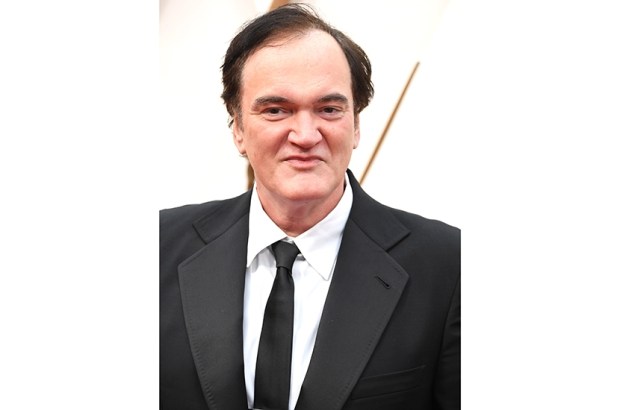
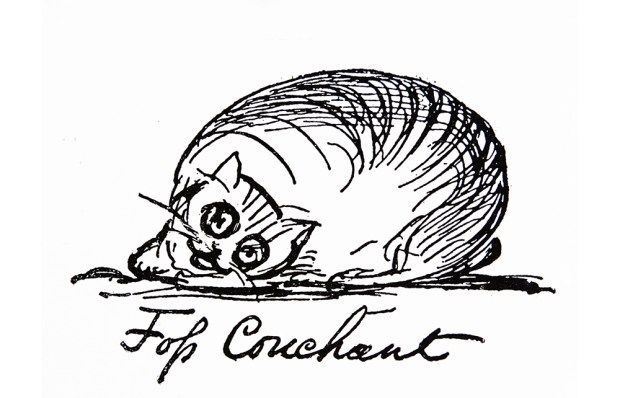
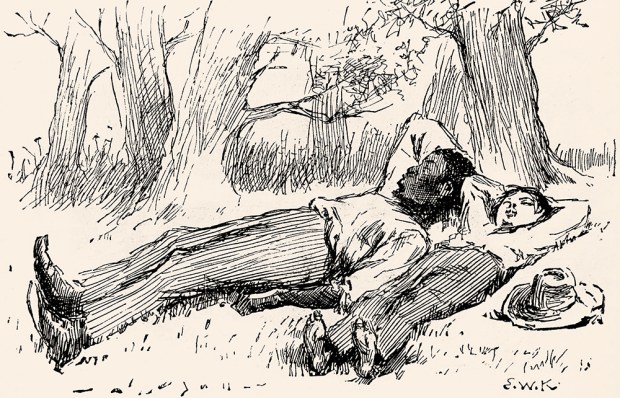

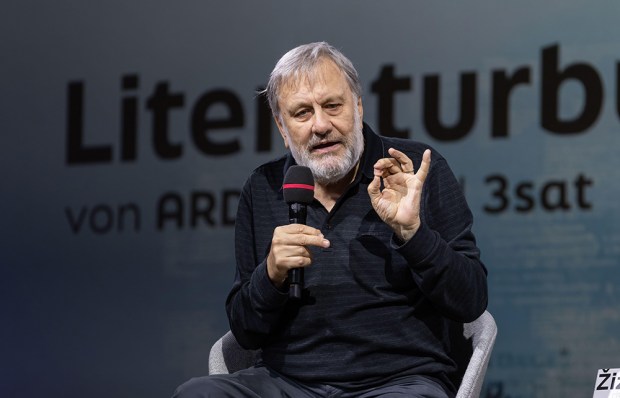
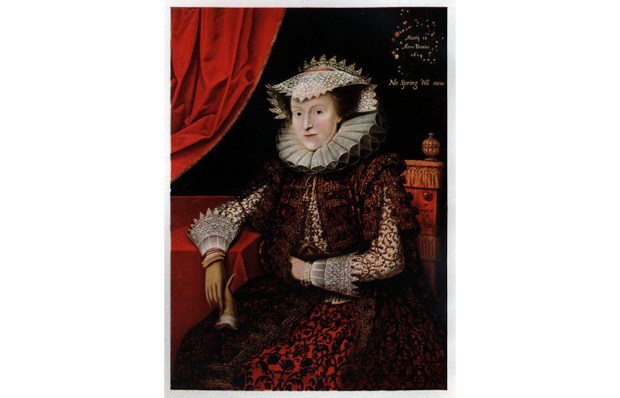






Comments
Don't miss out
Join the conversation with other Spectator Australia readers. Subscribe to leave a comment.
SUBSCRIBEAlready a subscriber? Log in